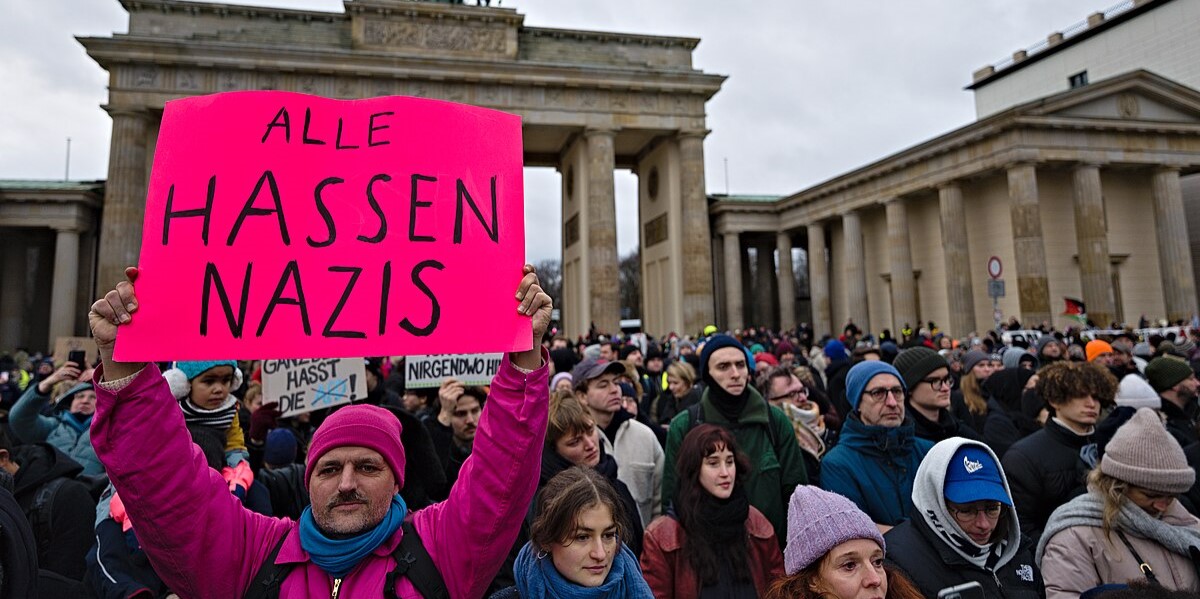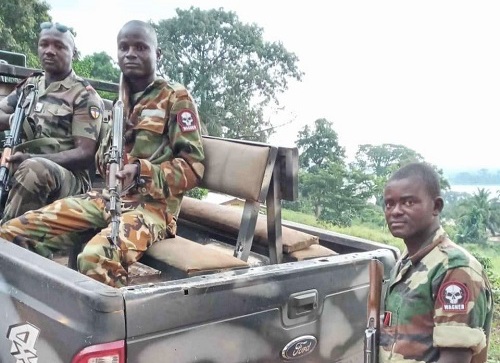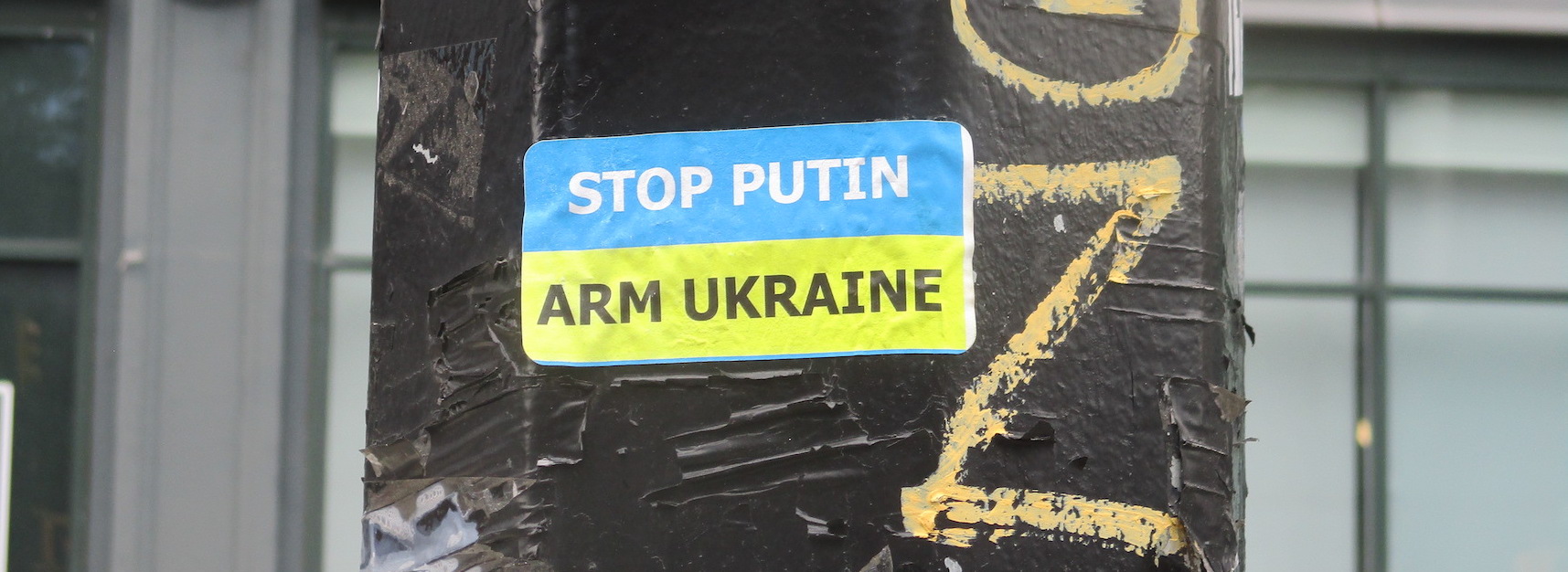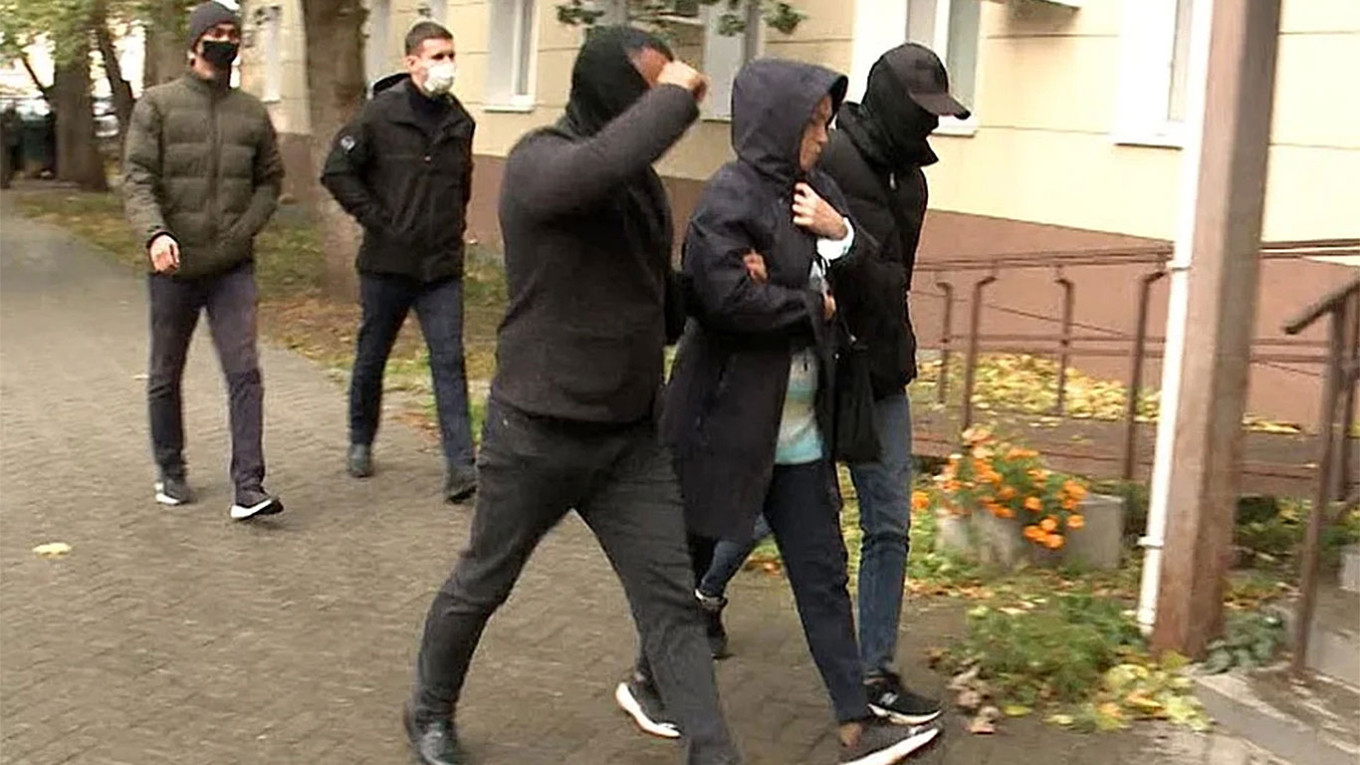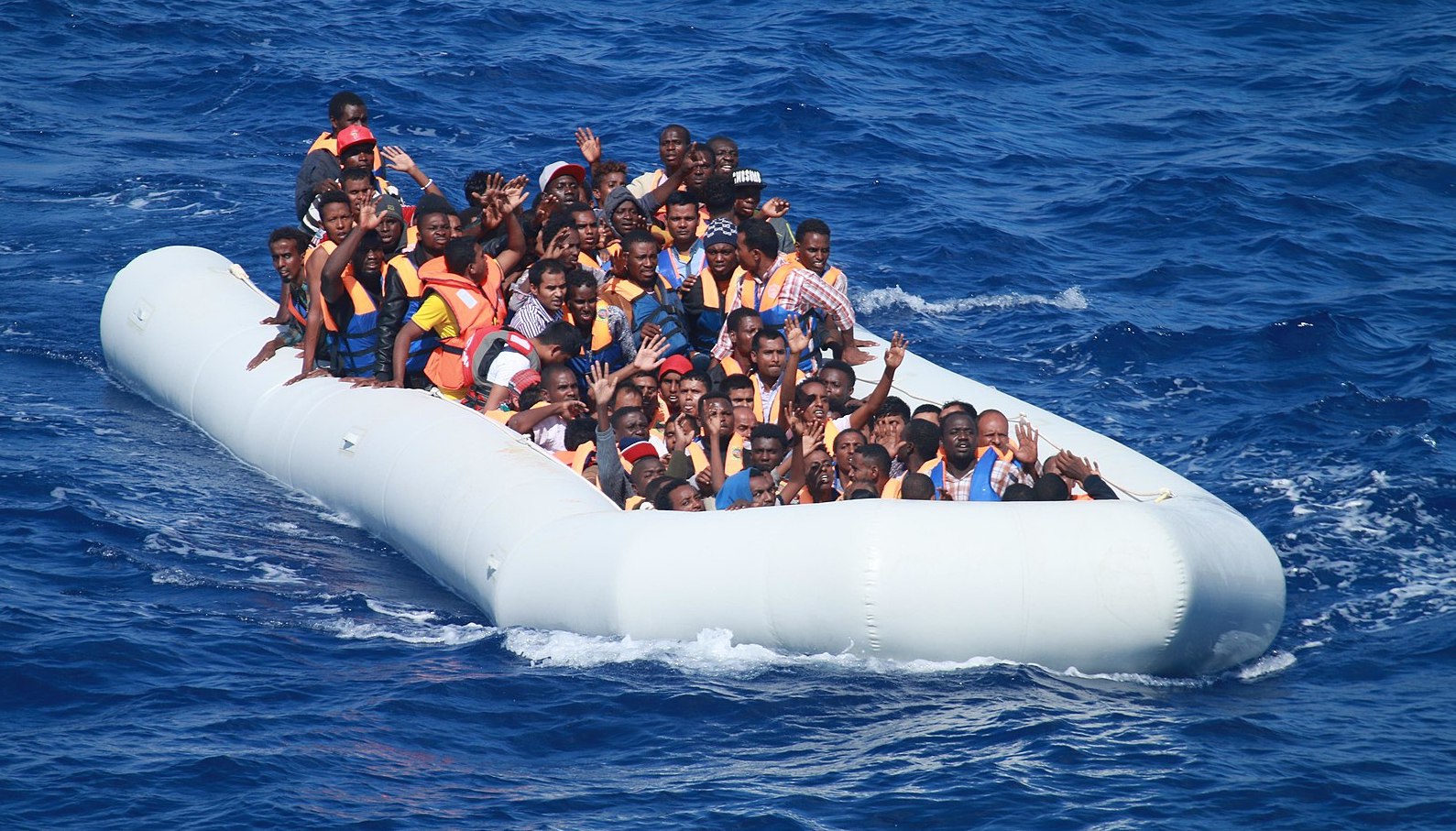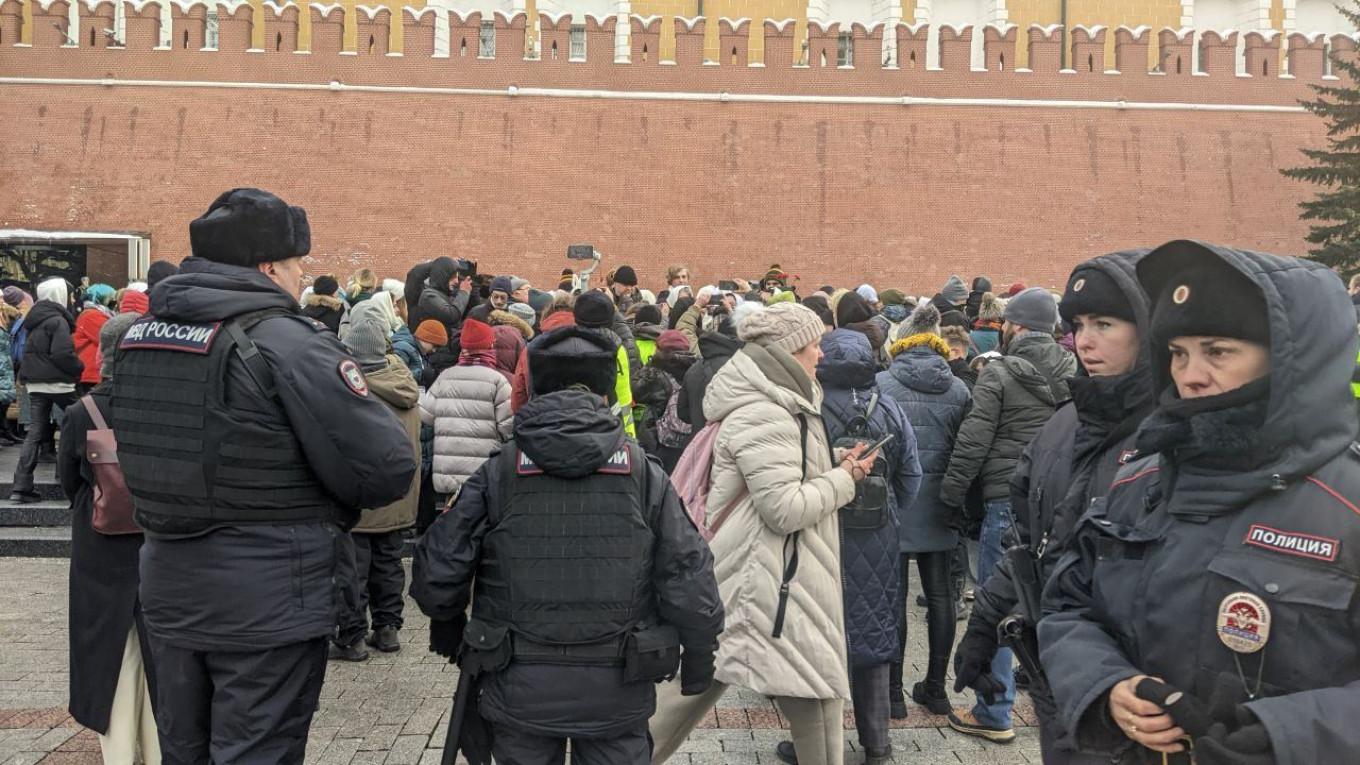
Dozens detained at Moscow anti-mobilization protest
Russian law enforcement detained at least two dozen people at a protest in Moscow, as wives and relatives of service members fighting in Ukraine demanded their return. Those arrested included journalists covering the protest and human rights monitors. Kin of the soldiers gathered to lay flowers at the Tomb of the Unknown Soldier, outside the Kremlin walls. The demonstration marked 500 days since President Vladimir Putin ordered the mobilization of up to 300,000 military reservists for the Kremlin’s war against Ukraine. The call-up prompted more than 260,000 men to flee the nation, with Moscow reportedly setting up draft offices at borders to intercept fleeing reservists. (Photo: astrapress via The Moscow Times)




